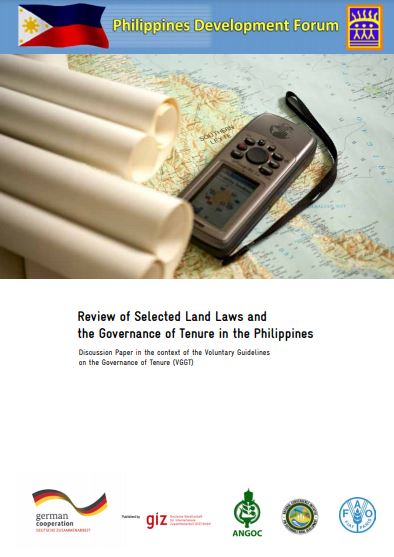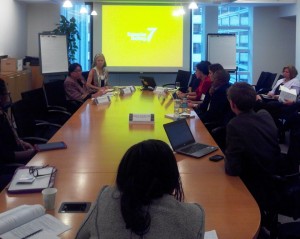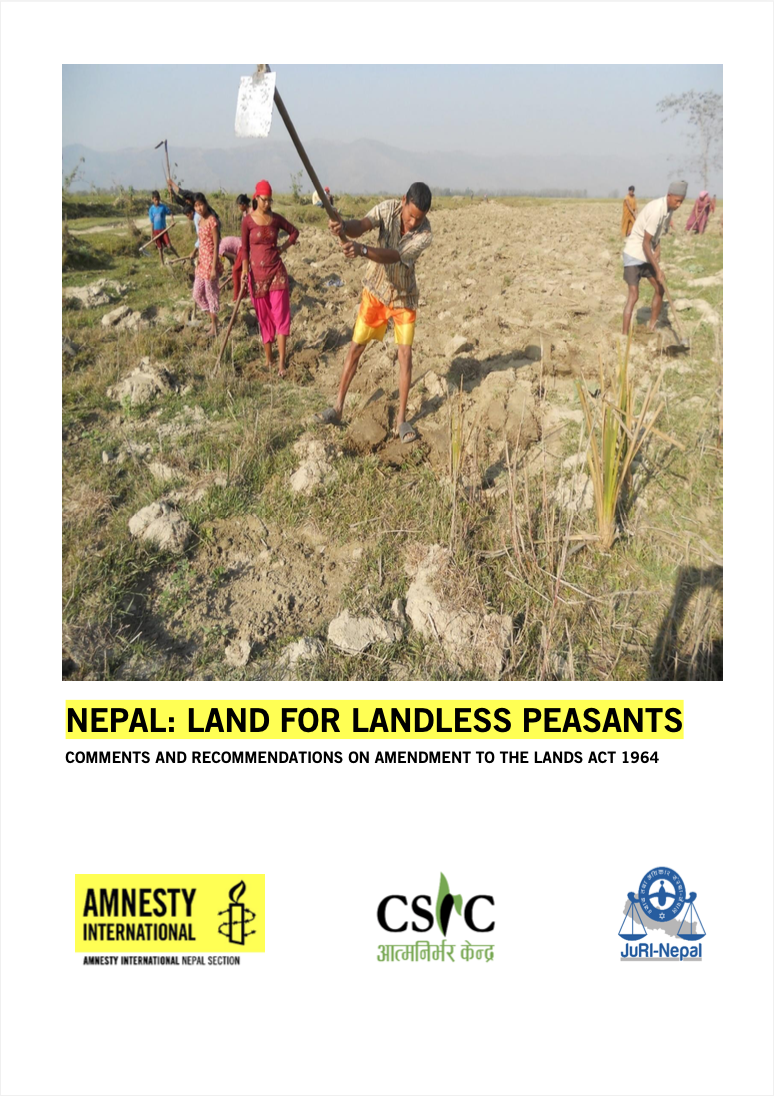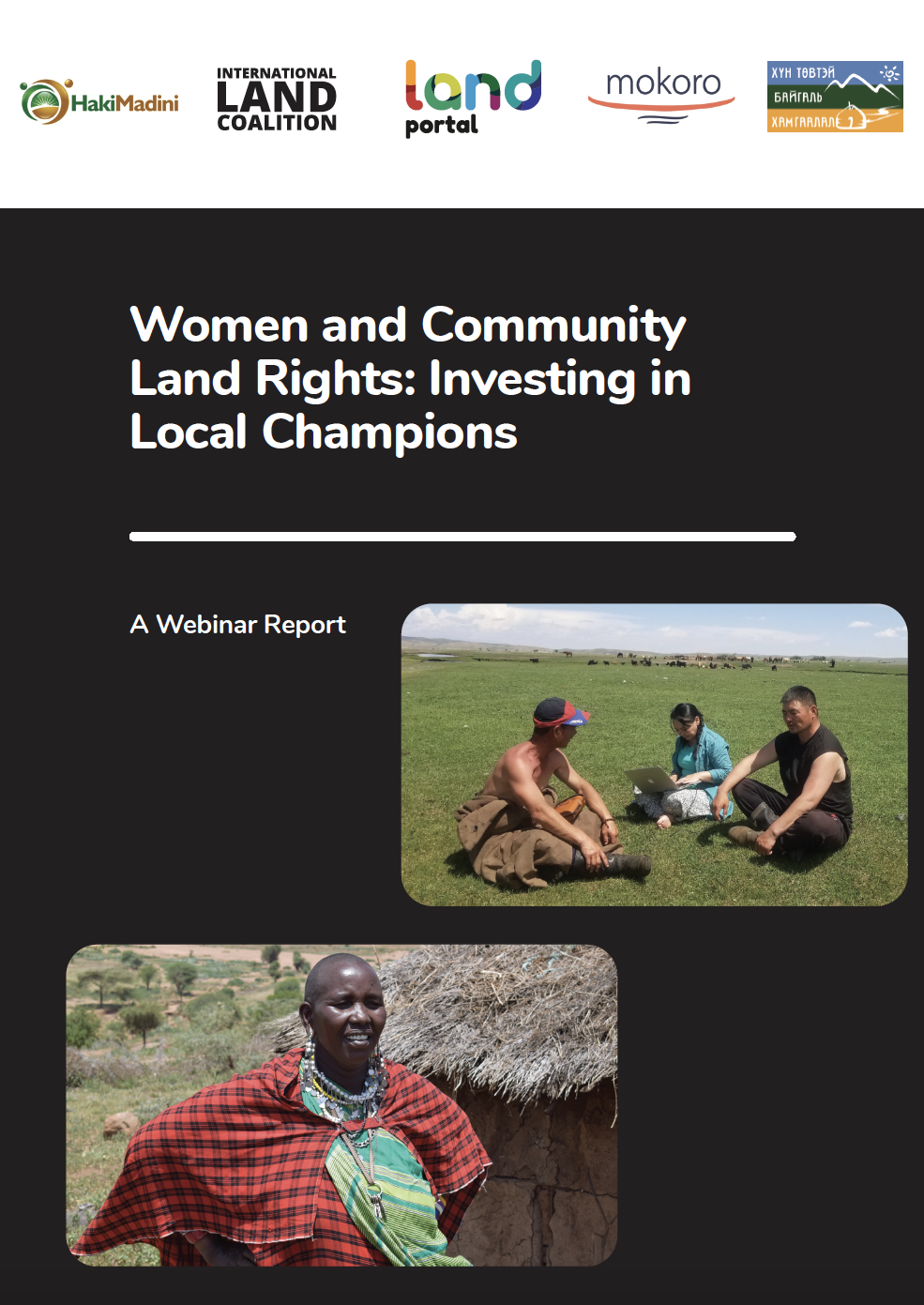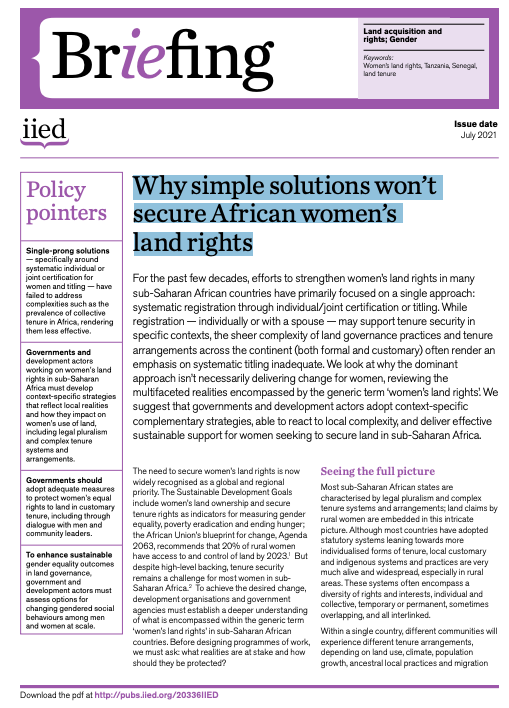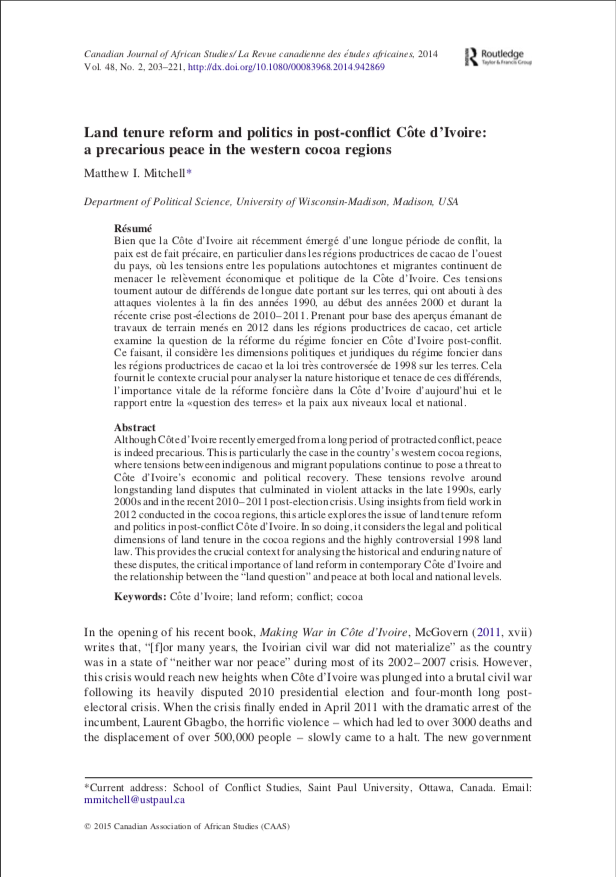Women's land rights in the transition to individualized ownership
This study explores the impact of changes in land tenure institutions on women's land rights and the efficiency of tree resource management in Western Ghana. We find that customary land tenure institutions have evolved toward individualized systems to provide incentives to invest in tree planting. However, contrary to the common belief that individualization of land tenure weakens women's land rights, these have been strengthened through inter vivos gifts and the practice of the Intestate Succession Law.


